“I hate my life.” If you’ve ever uttered these words, you are not alone.
Many people grapple with overwhelming negative feelings and difficult emotions at various times. It’s natural to feel this way, especially when faced with life’s unexpected challenges and painful moments.
That is the reason we started this site: to remind people that they are not alone when things are tough.
What if you could shift your perspective and view these obstacles as opportunities for growth and transformation? What if, instead of asking, “Why is this happening to me?” you asked, “Why is this happening for me?”
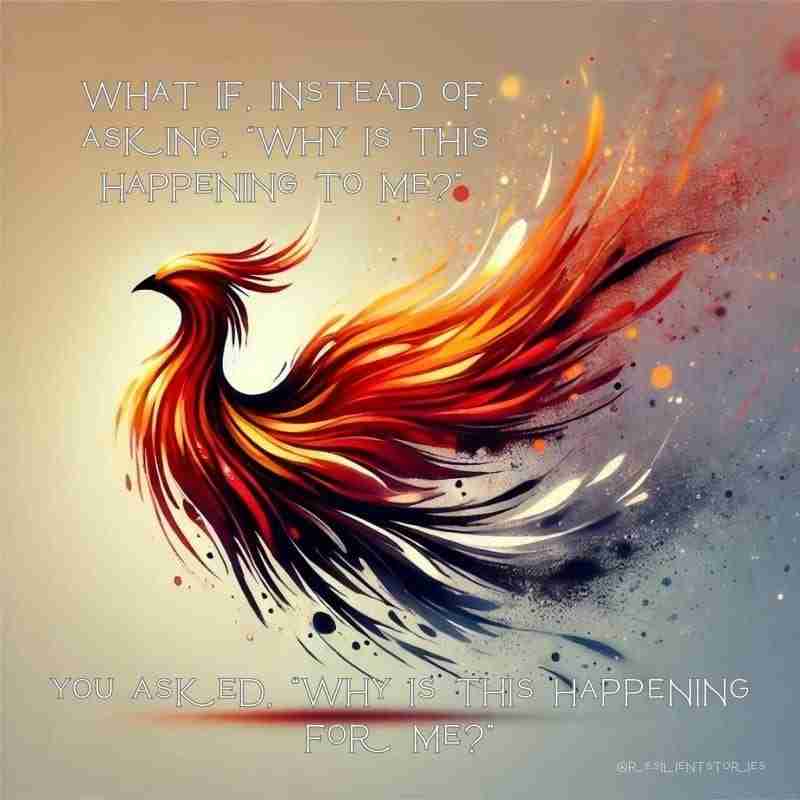
In this article, I’ll share my personal journey of how I moved from hating my life to embracing it fully.
Through experiences of loss, trauma, and confronting my past, I found ways not only to survive but thrive.
I hope my story inspires you to find hope and realize that despite the darkest of times, you can find light and strength within yourself.
Acknowledging the Struggle When You Feel You Hate Your Life
We all experience moments when life feels unbearable, and we think, “I hate my life.”
Sometimes, even annoying things like the flat tire I had the other day caused me to grumble, “I hate my life,” under my breath! (But do you really? I don’t, but in that moment, it can be like…ugh!)
However, when the thought of “I hate my life” happens during moments of personal failures, broken relationships, or relentless anxiety, we can feel deeply unhappy or even depressed.
For me, the first time I genuinely thought I hated my life began in my childhood. Being abandoned by both my parents and left to be raised by my grandparents was a profound wound that shaped much of my early life.
My mother, battling her own demons, sent me to live with my grandparents at age 5. I had no contact with my father (until I turned 18), who had been charged with custodial kidnapping that same year.
This abandonment left me grappling with feelings of worthlessness and rejection. As a child, I often wondered why I wasn’t good enough for them to stay.
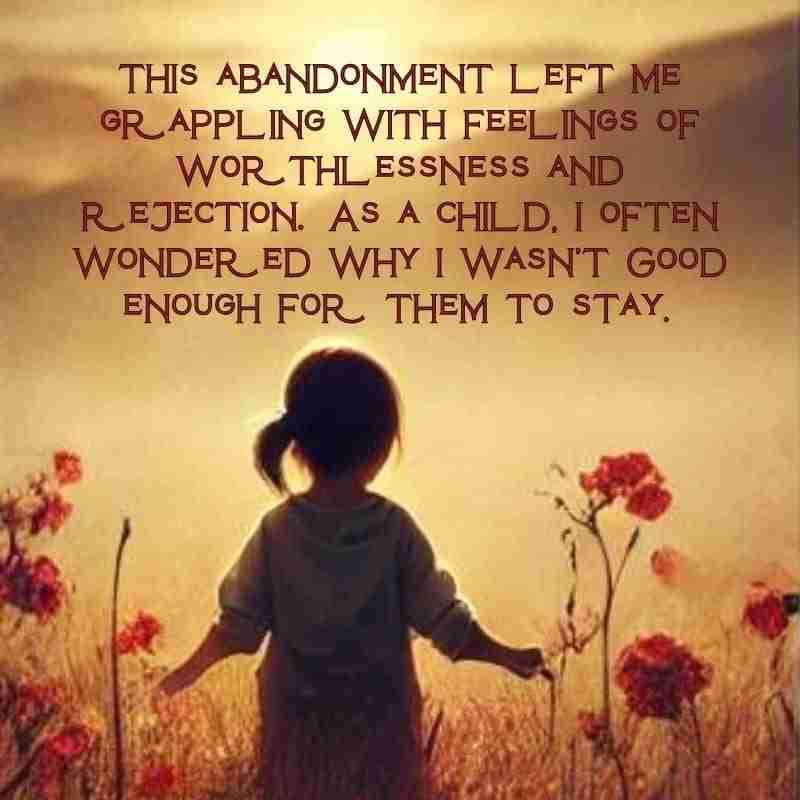
These thoughts festered and grew, feeding into a cycle of negative emotions and self-doubt. It felt as though the world had decided that my life was meant to be filled with hardship and loss.
The sense of being unwanted by my parents was a shadow that lingered over every aspect of my life. It was during these formative years that I began to internalize the belief that there was something inherently wrong with me, a belief that stayed with me for far too long.
It’s essential to recognize and validate these feelings, giving yourself permission to feel them without shame.
Recognizing important aspects such as having a support network, taking care of one’s health, and following through on an action plan can help overcome feelings of worthlessness and rejection.
Suppressing your emotions can only deepen your despair and hinder your healing process.
Seeking Help and Emotional Support
Years later, when I was two weeks shy of 18, I reunited with my mother (who had left me behind with my grandparents to enter witness protection), and about six months later, she was killed in a car crash.
There were many traumatic things that happened during that time period and the years that followed.
One of the most important steps I took was seeking help from mental health professionals. Talking to a therapist provided a safe space to explore my negative thoughts and feelings.
Mental health professionals can offer invaluable support and coping strategies to navigate through suicidal ideation, anxiety, and depression.
She helped me understand that these feelings are a part of the human experience and that seeking help is a sign of strength, not weakness.
For a long time, I tried to push away the pain, to pretend it didn’t matter. But denying the impact of my early experiences only made the feelings of anger and sadness stronger.
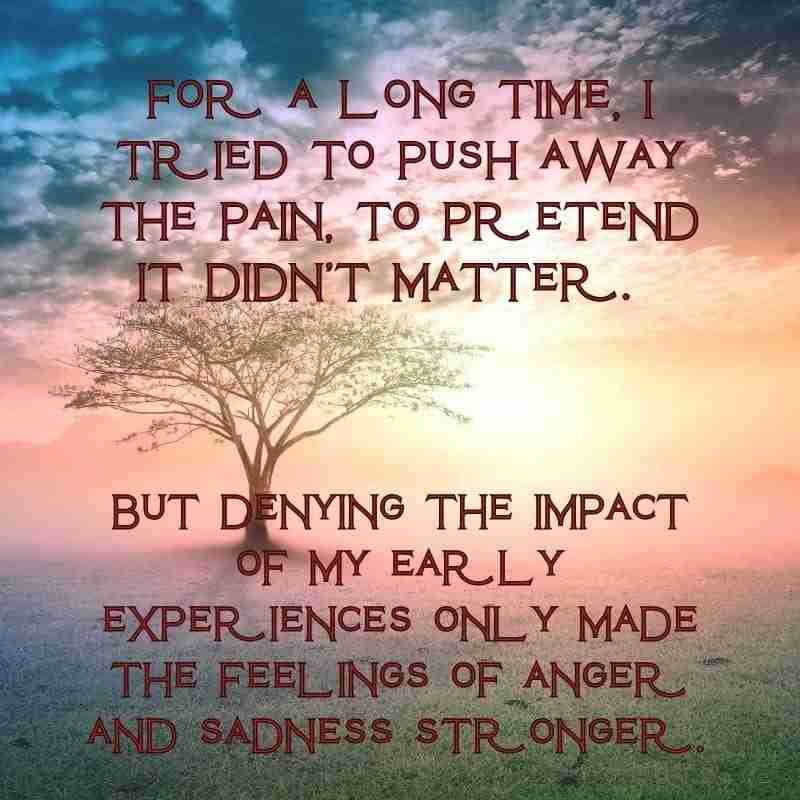
Another Person’s Actions is About Them, Not You
Acknowledging my abandonment and the profound impact it had on me was the first step in my journey towards healing. By confronting these difficult emotions head-on, I began to understand that the actions of my parents reflected their struggles, not my worth.
This realization allowed me to start letting go of the burden of their choices and reclaiming my sense of self-worth.
Another thing she helped me to realize was that all the decisions I had been making were directly because of the trauma I had experienced. I argued with her at first but then came to this conclusion.
Additionally, working with a mental health professional and other holistic healers helped me realize the importance of the present moment.
Living in the past or worrying about the future often fuels our negative emotions. By focusing on the present moment, I learned to find peace and joy in the here and now.
Mindfulness practices, like meditation, yoga, deep breathing exercises, and adult coloring, helped me reconnect with myself and appreciate the small, daily joys I previously overlooked.
Being present allowed me to face life’s difficulties with a clearer mind and a more open heart.
Building a Strong Foundation for Mental and Physical Health
Maintaining a regular sleep schedule and taking care of my physical health played crucial roles in improving my overall well-being.
Creating a daily routine will help inspire you and set you up to succeed. Incorporating new habits and committing to the new routine can further enhance your mental and physical health.
A balanced diet, regular exercise, and sufficient sleep can significantly impact your mood and energy levels.
These practices are foundational in building resilience against stress and maintaining a healthy mind and body.
Water is essential, too, so make sure you are drinking plenty of it and less sugary or caffeinated beverages
Developing Effective Coping Strategies For When It Feels Like You Hate Your Life
In moments of crisis, it’s vital to have coping strategies that help you navigate through intense emotions without resorting to substance abuse or self-destructive behaviors.
For me, journaling, spending time with supportive friends and family, and engaging in leisure activities, like adult coloring, that I enjoy were key to managing my mental health.

These activities provided a healthy outlet for my emotions and helped me build stronger relationships and a sense of community.
Challenging the Inner Critic and Cultivating Self-Love
The inner critic can be relentless, constantly reminding us of our perceived failures and shortcomings. Learning to challenge this negative voice was a turning point in my journey.
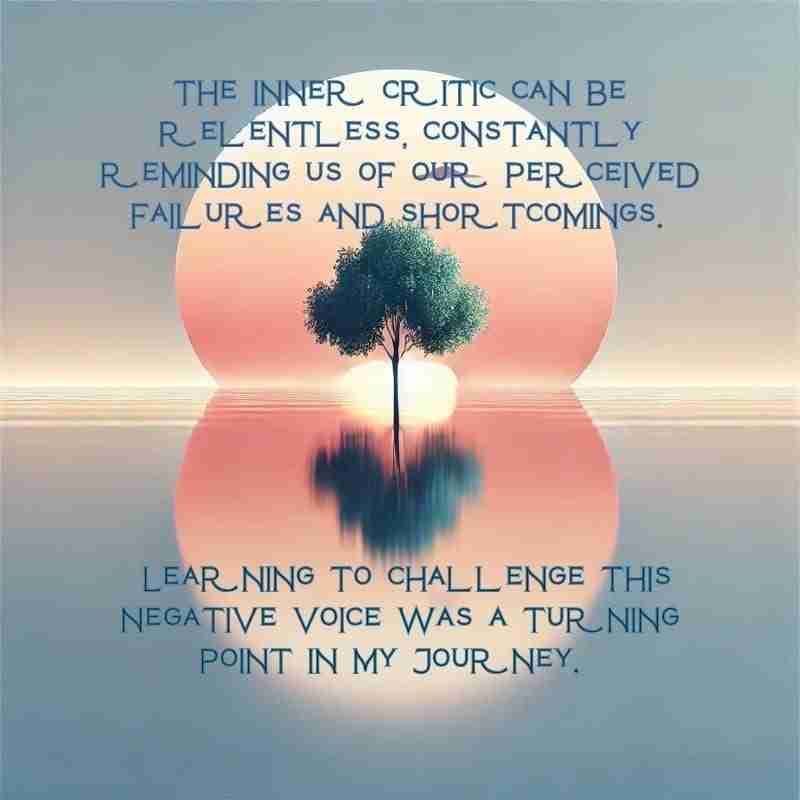
I began to practice self-love and self-compassion, reminding myself that I am a good person deserving of kindness and respect.
This shift in perspective allowed me to see my struggles not as personal failures but as part of my growth and development.
I started this shift about 4 years ago when I decided to challenge my inner critic and pivot careers to follow my career dreams. That has been an incredible journey that is still teaching me about self-love and my abilities to this day.
Shifting Perspective: From Victim to Survivor
Instead of seeing myself as a victim of circumstances, I began to view my experiences as opportunities for learning and growth.
This is not to minimize or invalidate the pain and trauma that anyone might have gone through. Each person’s journey is unique, and the impact of traumatic events is real and significant. Recognizing and validating your pain is crucial.
However, this perspective shift allowed me to regain my power and reclaim my life. By asking, “Why is this happening for me?” rather than “Why is this happening to me?” I began to uncover the potential for personal transformation and resilience.
This isn’t about denying or dismissing the hardships but about finding ways to derive strength and meaning from them. It is a way to move from feeling like you hate your life to being open to the idea that there might be a reason things happen.
Taking Back Your Power: Find Gratitude and Stop Hating Your Life
Understanding that I could shape my response to these challenges was empowering.
It helped me see that, despite the pain, I had control over how I chose to move forward.
Instead of being defined by my struggles, I could redefine my narrative by focusing on what I could learn and how to grow from these experiences.
Even in the midst of adversity, moments of grace and gratitude happen.
Reflecting on what I was grateful for—like the family I built as an adult—helped shift my focus from what I had lost to what I had gained.
This gratitude didn’t erase the pain but gave me a balanced perspective and a sense of hope.
Recognizing Achievements and Inner Strength
My challenges taught me valuable lessons and helped me develop resilience and problem-solving skills.
Each difficult moment became a stepping stone towards becoming a stronger, more self-aware individual.
I began to recognize my ability to overcome obstacles, adapt to new circumstances, and find joy and purpose in life.
Most people offer pity and empathy when they hear my story. I do appreciate the support and care behind that, but I do not pity myself. However, I would not be the person I am today if my life had been different.
I choose to understand that I can not go back and make my life different. I can only honor who I am and my ability to problem-solve, adapt, create, tell stories, and help other people.
Embracing The Power We Humans Have for Personal Transformation
By embracing this mindset, I could see that every challenge, no matter how painful, had contributed to my growth.
It’s not about ignoring or bypassing the pain, but about integrating those experiences into a narrative of strength and survival.
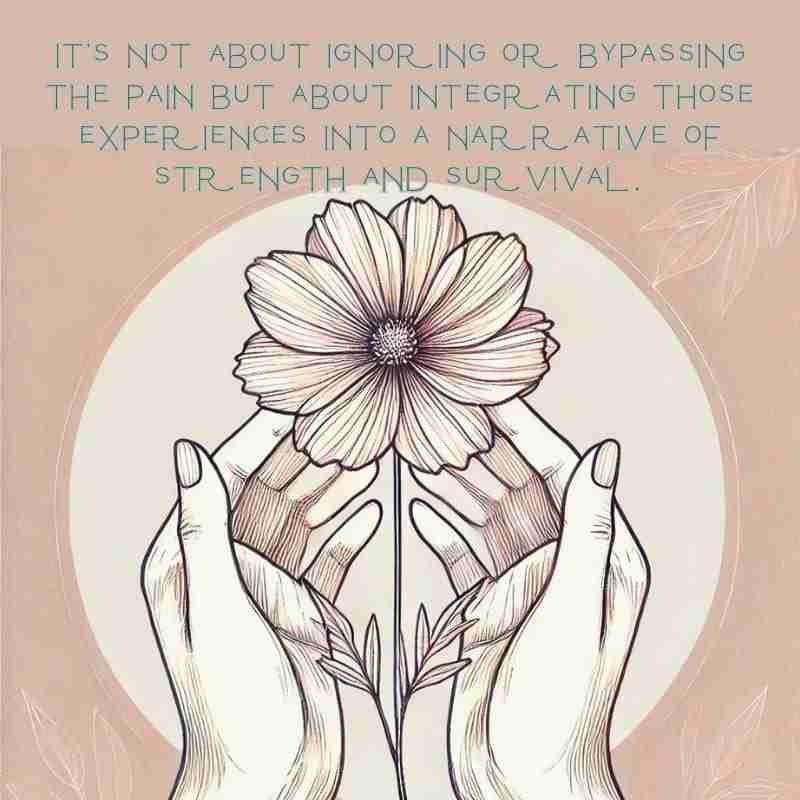
This approach doesn’t diminish the hardships but instead honors them as a part of the journey toward becoming who I am today.
Each of us who has dealt with trauma carries around wounds, scars, and shadows. However, you do not have to hate your life. Talk about the things you have been through. Remind yourself that you are lovable and deserve to feel good and be happy.
Your Journey of Empowerment
If you feel like you hate your life, just know that acknowledging your hurt and seeking ways to transform it into personal power can be a profoundly healing process.
It’s about finding your inner strength, recognizing what you’ve overcome, and allowing yourself to see the possibilities for growth and change. This perspective shift can turn even the darkest experiences into a testament to your resilience and capacity for transformation.
By choosing to see yourself not just as a survivor but as someone who can thrive despite life’s challenges, you reclaim your narrative and empower yourself to build a future filled with hope and possibility.
Embrace self-care and understand how much of an impact it can have on your mental health and that feeling of I hate my life.
Make Embracing Hope and Possibility Your New Normal
Despite the hardships, holding onto hope is crucial. There is always the possibility for change and improvement, no matter how dire things may seem.
Surrounding myself with positive influences, seeking support from loved ones, and focusing on what I can control helped me rebuild my life.
It’s important to remember that even in the darkest moments, there is a way forward.
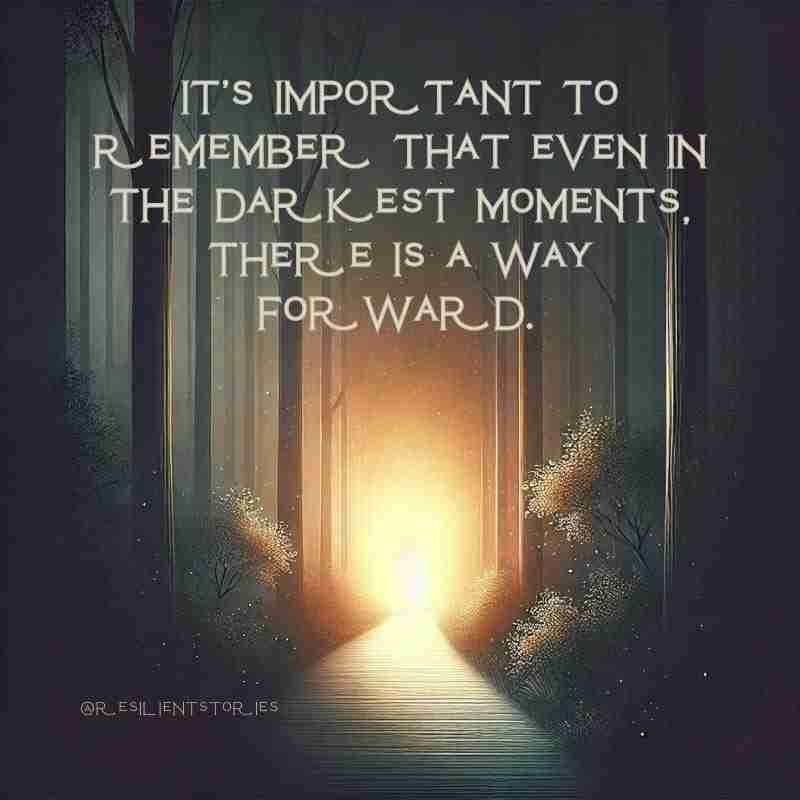
Taking proactive steps toward improving your life can significantly impact your mental health and overall happiness.
Whether it’s setting small, achievable goals, pursuing a new hobby, or making a career change, taking action helps break the cycle of despair and builds a sense of purpose and accomplishment.
You Will Not Always Think “I Hate My Life”
If you’ve been feeling like “I hate my life,” know that it’s okay to feel this way. Life can be incredibly challenging, but it’s also full of opportunities for growth and transformation.
By seeking help, embracing the present, caring for your mental and physical health, and shifting your perspective, you can move from a place of despair to one of hope and possibility.
Remember, you are not alone, and there are additional resources and support available to help you through these tough times. Embrace the journey and find strength in the knowledge that every experience is shaping you into a more resilient and compassionate person.
If you or someone you know is struggling with suicidal thoughts or has made suicide attempts, please contact a mental health professional or call a crisis hotline. Your life is valuable, and there is always hope for a brighter tomorrow.
In the comments below, tell us about a time when you thought, “I hate my life.” How did you cope, and what changed your perspective?





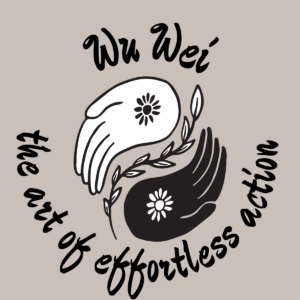



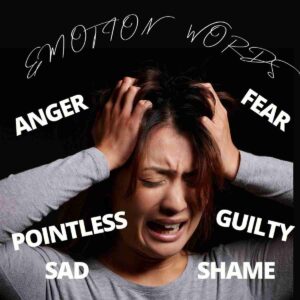





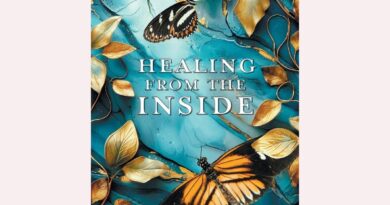












0 Comments